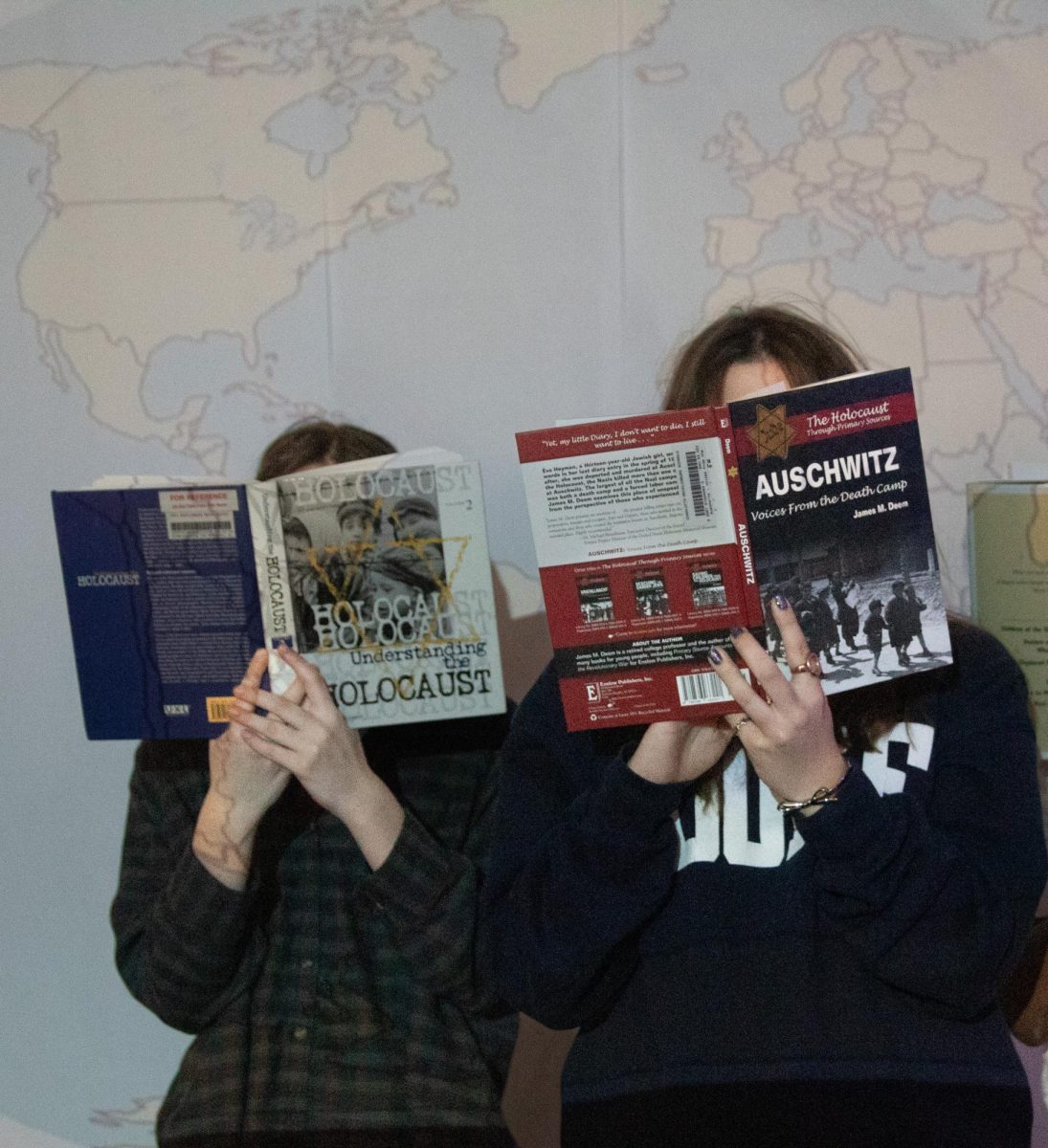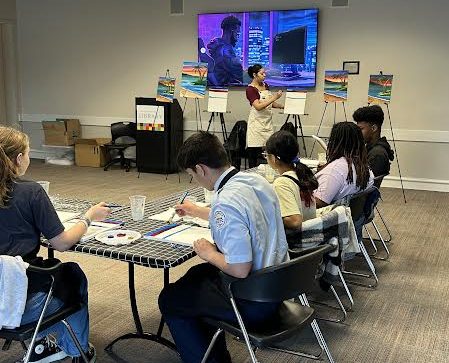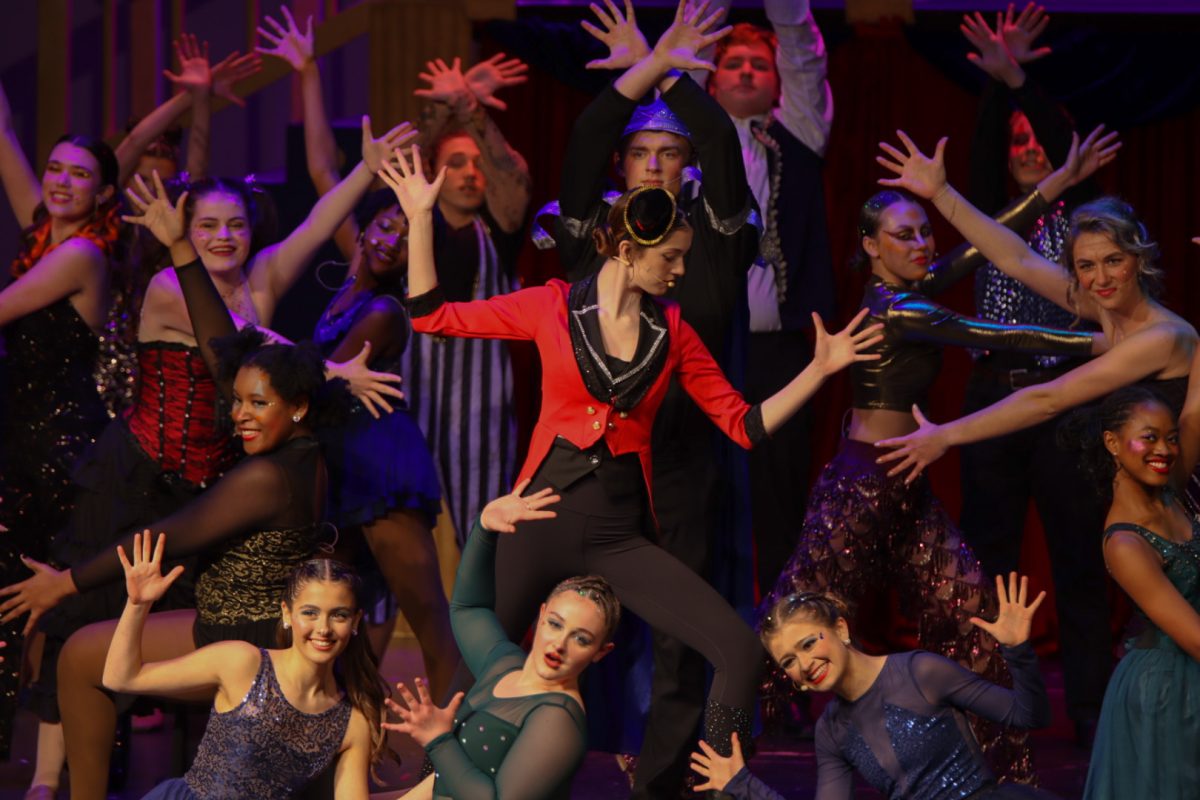East Meck will be offering a class about the Holocaust starting next school year. This course is described as a “multi-disciplinary course, integrating World History, Geography, American History and Civics,” by the North Carolina Department of Public Instruction (NCDPI). Students will gain greater knowledge of anti-semitism, prejudice, indifference and dangers of government-supported terror.
The Holocaust was the systematic genocide of 6 million Jewish people from 1939-1945. It occurred mainly in Eastern Europe, with places like Poland and Austria being hit especially hard. With many events having occurred in such a short period of time, there are bound to be some things missed in the classes that have already discussed the Holocaust in some capacity.
Sophomore Camila Bonilla believes that students deserve to have more information on such a vital moment in world history. “It could be a way to learn about a great tragedy and learn about how it happened, why it happened, and how to prevent things like that in the future,” she said.
Due to the nature of this course, a parent signature is required to enroll. Assistant Principal Kathryn Bauer stated that the class is not offered to 9th grade students because of the World History prerequisite not being completed.
CMS has decided to offer this class now because of a new law titled the Gizella Abramson Act.
The Gizella Abramson Act was passed in November 2021, named after a Holocaust survivor from Poland who moved to North Carolina after World War II. This law required English and Social Studies teachers in grades 6-12 to start teaching about the Holocaust, topics connecting to the Holocaust and genocide beginning in August 2023. This also created an elective course on the Holocaust beginning in the 2024-2025 school year.
The creation of this law was critical, considering that the Anti-Defamation League found that anti-semitic incidents increased by 36% since 2022, with things like violence against Jewish people and children being bullied because of their Jewish faith happening.
Sophomore Cailyn Darrington believes this is an important class that students should consider taking. “A lot of classes at this school don’t go into detail as much as they should, and there’s so much left unspoken,” she said.
The new class is year-long and does not currently have a teacher assigned to teach it. Teachers will fill out a Google form detailing their interest in the class and why they want to teach it. The decision will ultimately go to Principal Rick Parker. Parker will ultimately decide who gets it. Details on who has been assigned will be available mid-April or early May.
The midterm and final exam for the course will be decided by the teacher chosen. They will have creative license on how they choose to teach the content. Civic teacher Katharyn Livchin has expressed interest in this course for some time, and has said that she’d like the opportunity to teach it. Livchin looks at anti-semitism in a wider historical lens, because the Holocaust wasn’t the only time that this oppression has happened. She’d also like to focus more on the psychological aspects and effects of the Holocaust.
“To think that anti-semitism doesn’t exist now is dumb. It’s been drilled into so much of everything that we see that it’s impossible to pretend like it’s not there,” Livchin said.
The point of this new curriculum is to better inform students of the events that took place during the Holocaust, as the history is deeper than most can imagine.
“It’s a good idea to talk about these kinds of things to give more perspective and allow us to never forget where we’ve come from and what has happened,” Darrington said.









